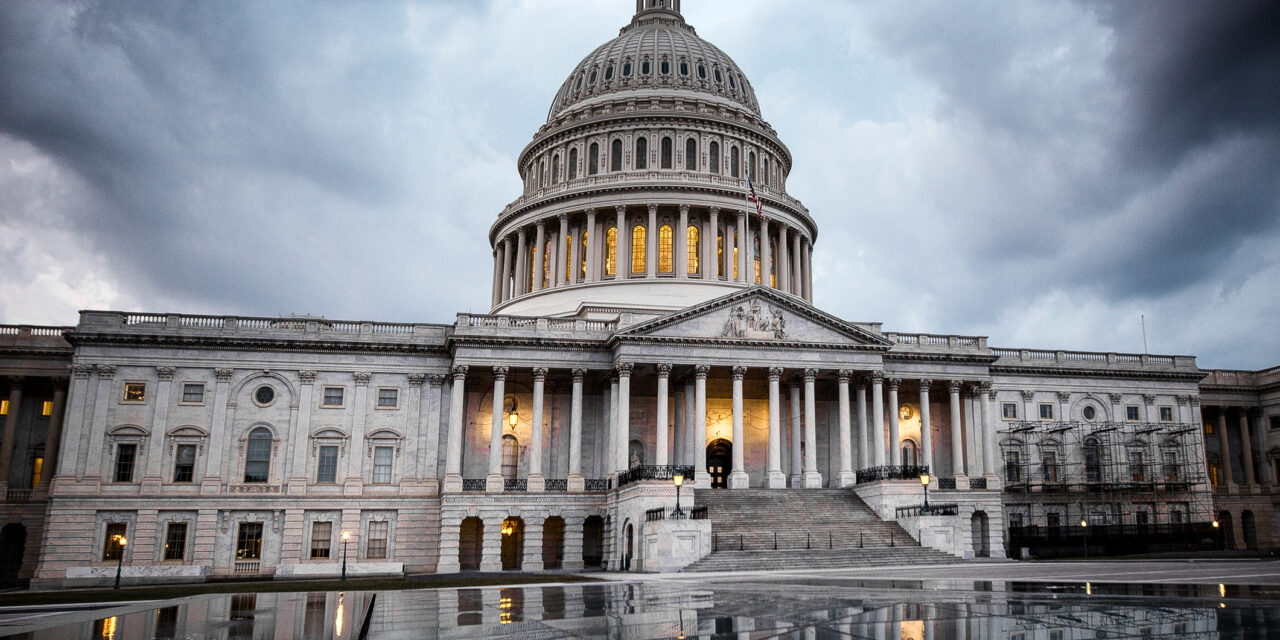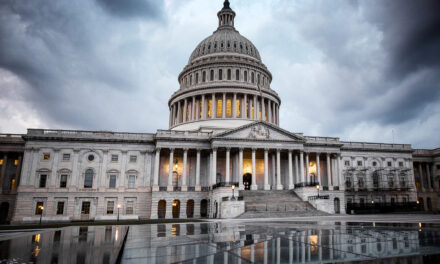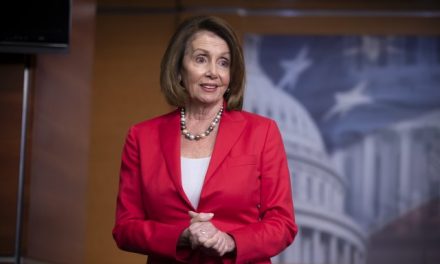The U.S. Senate Select Committee on Intelligence was created in 1975. It’s formation was driven not only by Watergate, but by a major scoop from Seymour Hersh. On December 22, 1974, Hersh’s article, Huge CIA Operation Reported in US against Antiwar Forces, Other Dissidents During Nixon Years, appeared in the New York Times. It revealed that the CIA, under the direction of James Angleton, had been opening U.S. mail and carrying out other illegal domestic activities. Congress decided it had been too lax in its oversight responsibilities. The House and Senate created the Select Intelligence Committees to fix the problem.
The newly minted committees were chaired by Otis Pike in the House and Frank Church in the Senate. They each conducted thorough investigations of the intelligence agencies and issued reports. In response to their findings, Congress enacted legislation to rein in our intelligence services and make sure they could no longer behave as ‘rogue elephants’. One of their most important reforms was the Foreign Intelligence Surveillence Act (FISA). The Bush administration has admitted to violating the FISA act, and they have signalled their intention to continue violating the FISA act.
The Senate Select committee (members below) would like to hold hearings on the illegal National Security Agency (NSA) domestic surveillance program that the Bush administration implemented back in 2001. All of the Democrats and three Republicans (Olympia Snowe, Mike DeWine, and Chuck Hagel) are in favor of hearings. However, the chairman, Senator Pat Roberts of Kansas, recently adjourned the committee for two weeks rather than allow a vote.
Then Bill Frist sent a letter to the minority leader Harry Reid, threatening to change the unique structure of the Intelligence Committee if the Democrats did not back off their push for NSA hearings.
I am increasingly concerned that the Senate Intelligence Committee is unable to its critically important oversight and threat assessment responsibilities due to stifling partisanship that is exhibited by repeated calls by Democrats on the Committee to conduct politically-motivated investigations….
I would propose that we meet with Senators Roberts and Rockefeller as soon as possible. The Committee was established and structured to reflect the Senate’s desire for bipartisanship, and to the maximum extent possible, nonpartisan oversight of our nation’s intelligence activities. If attempts to use the committee’s charter for political purposes exist, we may have to simply acknowledge that nonpartisan oversight, while a worthy aspiration, is simply not possible. If we are unable to reach agreement, I believe we must consider other options to improve the Committee’s oversight capabilities, to include restructuring the Committee so that it is organized and operated like most Senate Committees.
Obviously, the Bush administration knows it cannot survive NSA hearings. But, Hagel, Snowe, and DeWine don’t seem to care. The vote is scheduled for tomorrow.
So, what can we do to push this along?
Million Phone March is organizing a massive effort to pressure the committee members. And here are their websites:
John D. Rockefeller IV, West Virginia
Vice ChairmanMike Dewine, Ohio
Dianne Feinstein, California
Christopher S. Bond, Missouri
Ron Wyden, Oregon
Trent Lott, Mississippi
Evan Bayh, Indiana
Olympia J. Snowe, Maine
Barbara A. Mikulski, Maryland
Chuck Hagel, Nebraska
Russell D. Feingold, Wisconsin
Saxby Chambliss, Georgia
Let them know that you expect Congress to protect you from illegal surveillance.







